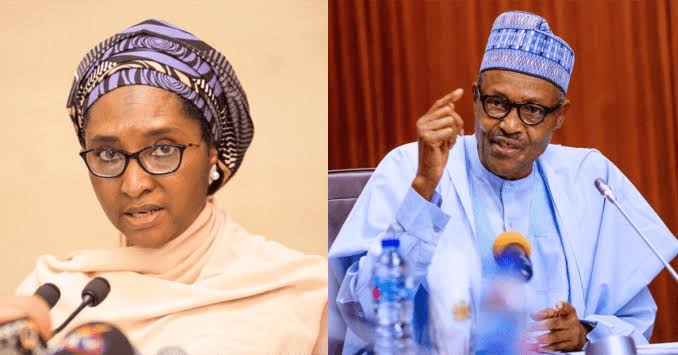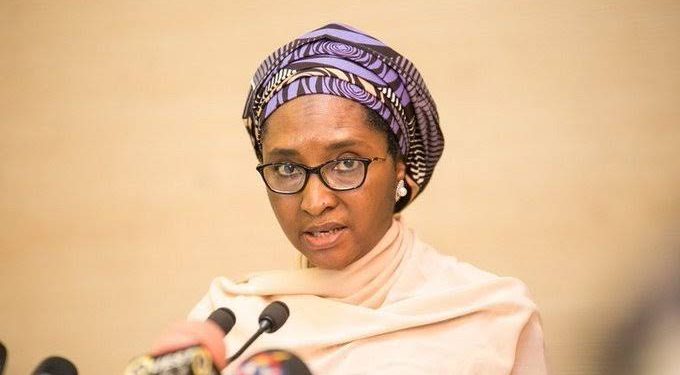According to Zainab Ahmed, Minister of Finance and National Planning, the federal government will sell national assets and borrow more than N11 trillion to cover the budget deficit in 2023.
She added that if the petroleum subsidy is maintained until the full 2023 fiscal cycle, the government’s budget deficit is predicted to be greater than N12.42 trillion.
While defending the Fiscal Strategy Paper and Medium Term Expenditure Framework (MTEF) for 2023–2025 before the House of Representatives Committee on Finance on Monday, Mrs. Ahmed made this disclosure.
Explaining two scenarios of the budget deficit to the committee, the minister said the first option involves retaining the petroleum subsidy for the entire 2023 fiscal year.

She says that in the first scenario, the deficit is anticipated to increase to N12.41 trillion in 2023 from the planned N7.35 trillion in 2022, or 196% of total revenue or 5.50% of the projected GDP. The government will spend N6.72 trillion on subsidies under this alternative, she continued.
According to Mrs. Ahmed, the second option would maintain subsidies in place until June 2023, bringing the deficit to N11.30 trillion, or 5.01 percent of the projected GDP. The expected cost of the PMS subsidy in this scenario is N3.3 trillion.

She noted that the first option is not likely to be achievable based on the current trend while the second option would require tighter enforcement of the performance management framework for government-owned enterprises that would significantly increase operating surplus in 2023.

The projected deficit under the second option, the minister said, is expected to be financed through new borrowings from local and international sources. This will include a total of N9.32 trillion in new borrowings, comprising N7.4 trillion from domestic sources and N1.8 trillion from foreign sources. The government is expected to generate N206.1 billion from privatisation proceeds and N1.7 trillion in multilateral project-tied loans.
















